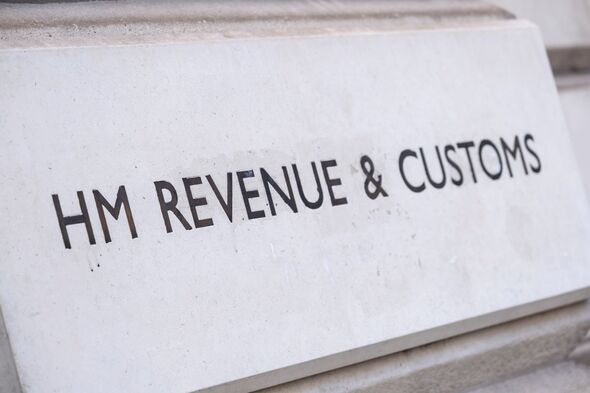
A new change from HMRC could see them gain an extra £200 million per year – but UK residents need to be aware of what this could mean for them.
The money will be raised through increasing interest payments on late payments, according to accountants Price Bailey, reports BirminghamLive.
Chancellor Rachel Reeves announced the Labour Budget this week – interest charged on unpaid tax liabilities will rise by 1.5% percentage points to the bank rate plus four percentage points, say BirminghamLive.
These new changes will be in place from April 6 2025 – at present late payment interest is charged at the bank rate plus 2.5 percentage points.
Accountants Price Bailey say that the interest HMRC pays on money which it owes to taxpayers will remain unchanged at the bank rate minus one percentage point, with a lower limit of half a percentage point.
If the bank rate remains unchanged between now and the April start date, the late payment interest rate would be nine percentage points compared to a repayment interest rate of four percentage points.
In October 2023, HMRC earned £346 million in interest from taxpayers who paid late.
Andrew Park, tax investigations partner at Price Bailey, said: “The interest rates being charged on late tax are now a form of double punishment. Taxpayers are already charged statutory late payment penalties, late filing penalties and heavy penalties for underpaid tax.
“This is a worrying shift from charging enough to deny taxpayers an advantage in paying late to creating another punishment by the backdoor. It’s a blatant cash grab by the taxman and one which comes without any safeguards.
“Existing penalties come with legal protections and can be appealed or mitigated, late payment interest cannot. HMRC has long claimed that the interest rates on tax owed and overpaid are fair, but this is now manifestly untrue.
“Most individuals and businesses pay tax late because they are experiencing financial distress and are simply unable to pay.
“It’s not a question of them needing an incentive to pay tax on time. If punitive interest rates discourage late payment, one would expect the amount HMRC rakes in from late payments to fall but instead they are forecasting a windfall.”
He added: “If businesses or individuals go bust, tax debts can be written off entirely. HMRC is walking a fine line between, on the one hand, allowing distressed taxpayers extra time to pay and, on the other, squeezing more money out of those already experiencing financial difficulties.”
HMRC has been criticised for continued delays on its customer service helplines. On the day before the tax return deadline this year (January 30, 2024), callers to HMRC’s self-assessment helpline said they waiting for longer than 40 minutes to speak to an advisor – the issue was widely reported.
Missing the self-assessment filing deadline leads to a £100 fee. The number of penalties issued by HMRC for late payment of tax or late filing of tax returns cancelled on appeal jumped by 70 per cent in 2023/24. There were 35,876 penalties cancelled on appeal in 2023/24, compared with 2022/23 when 21,071 were overturned.
If you have a story, email me at [email protected]


















